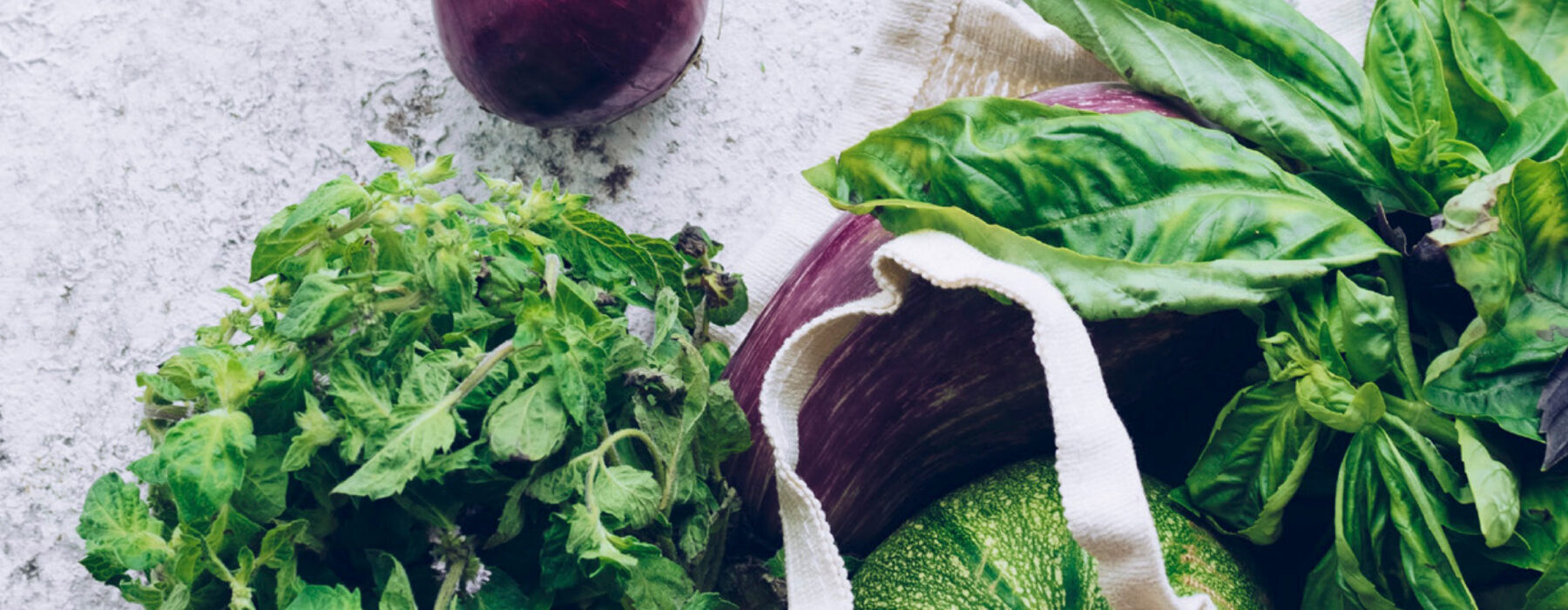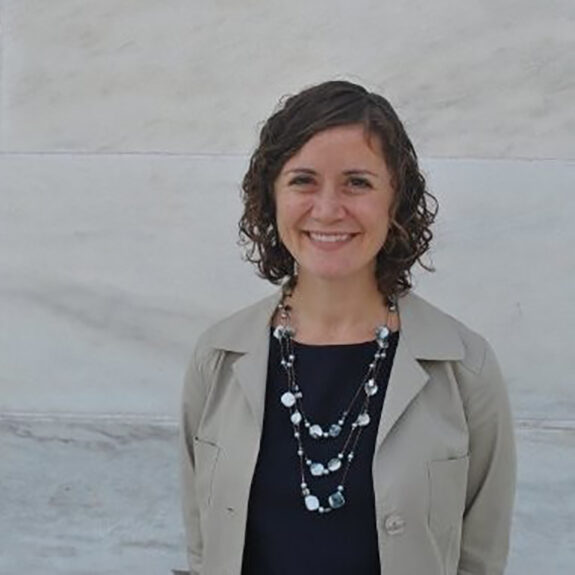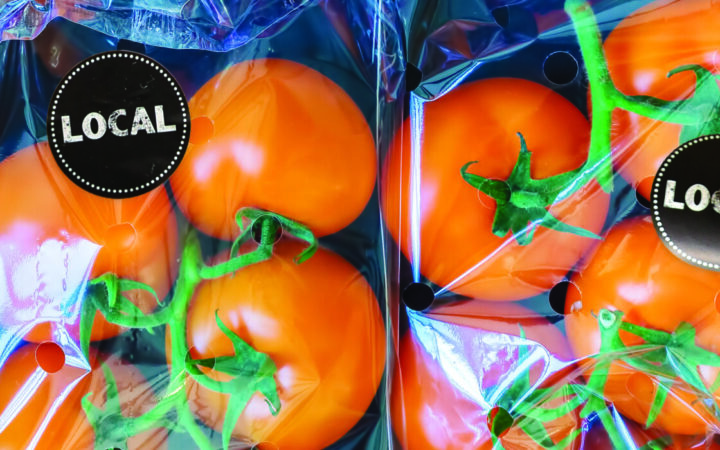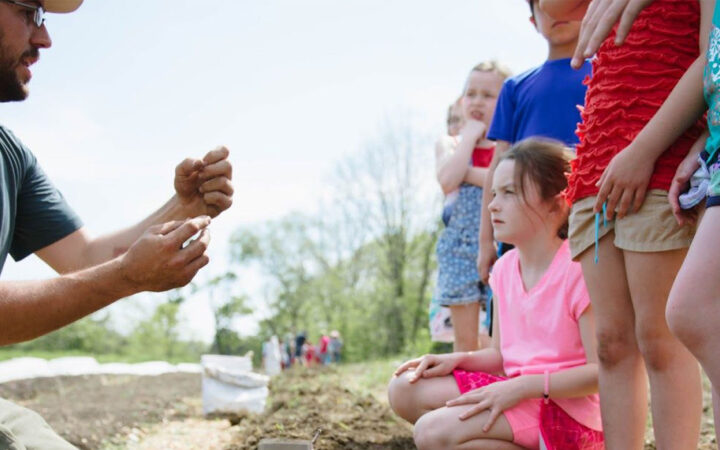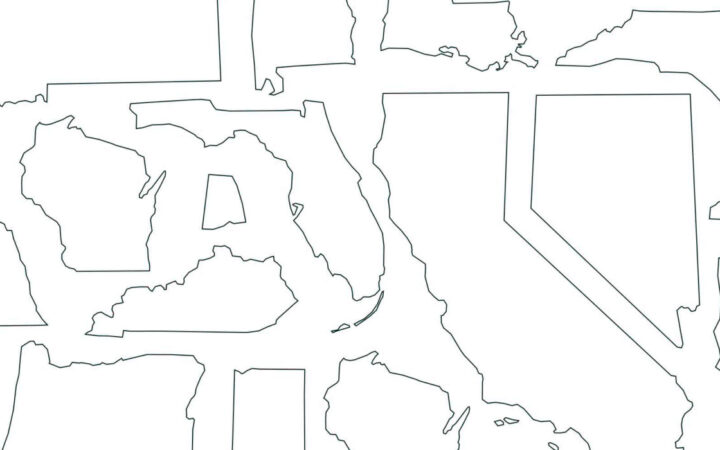From a legal standpoint, what is “local” food? This report describes the various definitions for “local” or other analogous terms used in state laws meant to incentivize or otherwise promote the purchase of agricultural products that meet those definitions. The appendix includes a 50-state scan of “local food” definitions.
Introduction
The term “local” means many things to many people. Despite the fact that it carries so many different connotations, it is used frequently in the law and in the marketplace. If the term is to have a meaning that carries legal weight, it must have a clear definition that reflects the priorities of the entity defining it. Laws should also include language that allows for meaningful accounting of local purchases and enforcement of targets and objectives. Some states are moving toward more clearly defined uses of the terms surrounding local foods, as well as more clearly defined targets for local purchasing, but overall “local” remains largely undefined, creating potential challenges for meeting the goals and evaluating the impacts of local food legislation.
This report describes the various definitions for local or other analogous terms used in state laws meant to incentivize or otherwise promote the purchase of agricultural products that meet those definitions. The report focuses largely on laws related to food procurement by government entities, including schools and other institutions. It also includes laws related to the labeling and sale of local food and food products, and to other efforts for which a definition of local food is relevant. Many organizations and researchers have compiled information on state laws related to local purchasing, but no compilations to date have focused specifically on states that have chosen how and whether to codify definitions for “local.”
The first section of this report describes different ways governments, consumers, and other stakeholders use and define the word local. It also describes some of the attributes commonly ascribed to local foods, which often form the basis for legislation related to local food systems. The second section centers on challenges that arise when different interrelated players use a word with such breadth of meaning. These range from simple but significant misconceptions (for example, food considered local by a food distribution company may not be considered local by the school that buys it) to more opportunistic uses that could constitute fraud. It also considers some of the other similarly vague language that has historically been used in procurement programs meant to favor local foods. Such language may relate to stated goals or targets for local purchasing, requirements for tracking and reporting sales, or efforts intended to uphold the integrity of state branding programs. The third section describes the findings of a scan of laws from US states and the District of Columbia and provides examples of the terminology each state uses and defines. The paper concludes with considerations for further research.
Acknowledgements
This report was produced by the Center for Agriculture and Food Systems at Vermont Law School with support from the USDA National Agricultural Library.
The report benefited from significant review, editing, and production support from the following members of the Center for Agriculture and Food Systems at Vermont Law School: Laurie Beyranevand, Director; Lihlani Skipper, Associate Director; Claire Child, Assistant Director; and Whitney Shields, Project Manager. We would also like to thank Kendall Dix LLM’20 for his research support, and Terry Ann Campbell JD’21 and Andie Parnell JD’22 for their assistance with citations.
Suggested Citation
Vt. L. Sch. Ctr. for Agric. and Food Sys., Defining Local Food: An Analysis of State Approaches and Challenges, (2021), https://www.vermontlaw.edu/sites/default/files/2021-08/Local%20Food%20Definitions.pdf.
